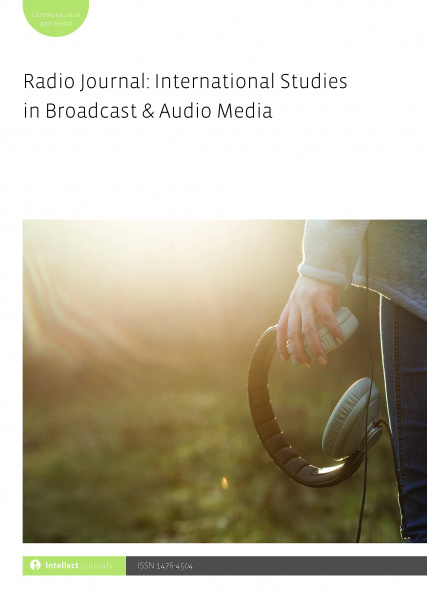-
f Radio listening clubs in Malawi as alternative public spheres
- Source: Radio Journal:International Studies in Broadcast & Audio Media, Volume 13, Issue 1-2, Oct 2015, p. 105 - 120
-
- 01 Oct 2015
Abstract
Many people in rural areas in Malawi lack access to information due to illiteracy and the unavailability of reliable sources of information. There is also an absence of a proper forum where rural ordinary people can express their views and have their voices heard. However, in communities where there are community radio stations, the stations are helping create spaces for ordinary people to participate in public life by setting up radio listening clubs (RLCs). This article examines how RLCs offer ordinary people opportunities for mediated participation in public debate and for self-representation. Based on face-to-face interviews, focus group discussions and participant observation, the article argues that the organization of listeners into RLCs by community radio stations enables ordinary people to receive and discuss crucial information and hold debate on issues of interest. As such, the RLCs possess some characteristics of the public sphere; hence the reference to them as alternative public spheres.


